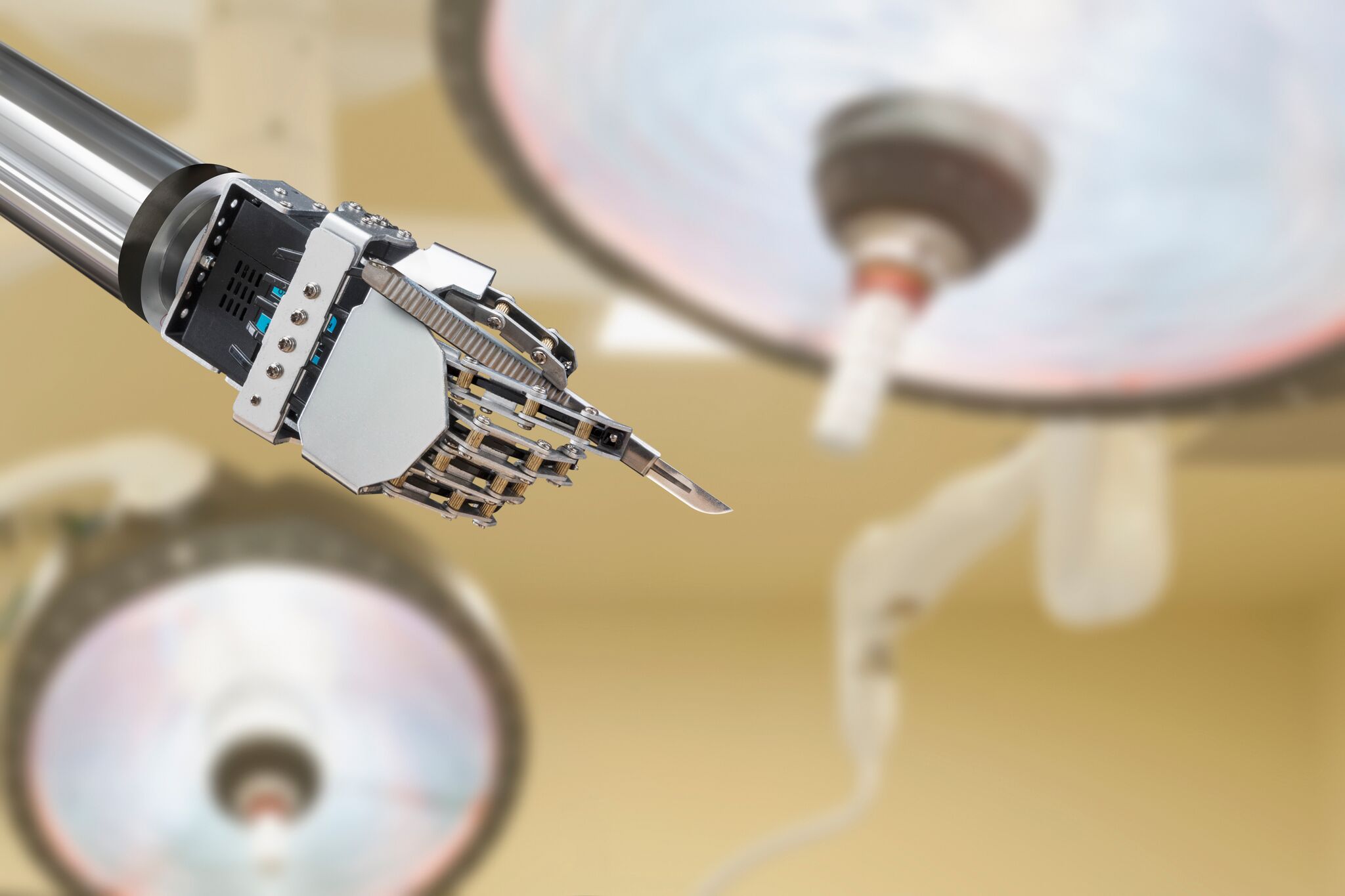
The Department of Veterans Affairs (VA) needs to build healthcare IT infrastructure, including incorporating new AI, that can utilize increasingly large amounts of health data on veterans.
That’s according to Gil Alterovitz, who was recently appointed as the VA’s first director of artificial intelligence, in an interview with the VA’s Office of Research & Development.
As he sees it, the right infrastructure will make it easier to share health data assets, in a secure manner, with outside experts who can help VA get the biggest return on its research investment.
“Given how health care is evolving, AI is really the only way to move forward in terms of reducing costs and providing better care,” he said
Along with Scott DuVall, who heads the VA Informatics and Computing Infrastructure (VINCI),
Alterovitz is working to put VA health data to work for veterans through programs such as the Million Veterans Program, which has so far collected genomic and health data on more than 750,000 veterans. The goal of MVP is to partner with Veterans receiving their care in the VA Healthcare System to study how genes affect health.
“That is what you need to do optimal AI—a lot of deep knowledge,” said Alterovitz. “AI is key to really taking advantage of that data to help vets and potentially others, as well.”
With that in mind, Alterovitz has kicked off a “sprint” within VA that is modeled after a broader “Health Tech Sprint” that he co-led during his time at the Department of Health and Human Services (HHS). In a 14-week “sprint” that took place last fall, several organizations developed apps and other digital tools that used open databases from different federal agencies and technologies such as AI.
One major focus of the VA sprint will be forging partnerships with outside organizations that specialize in AI.
“We’re working with a few organizations that can test out small amounts of data in the VA format. Then they can build the AI tools and develop a program that can then be used on a larger data set,” Alterovitz said.
The goal is to develop a “parallel, potential pathway to partnerships that comes about through data-based sprints,” he observed.
According to Alterovitz, one area where AI can immediately benefit veterans’ health is in cancer imaging, as AI-powered computers can improve the analysis of computerized tomography scans and other medical images and help VA doctors detect cancer early and predict which tumors are likely to spread.
We’ve found that AI can see things that clinicians don’t see until much later,” said Alterovitz, adding that AI “can educate physicians on what to look for.”


